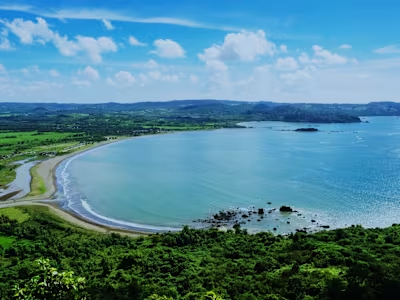The Endangered Population of Orangutan
The only arboreal Great Ape is the orangutan; all other species, including
gorillas, chimpanzees, and humans, spend the majority of their time on the
ground. Orangutans’ ancestral range once extended from Southern China to the
island of Java. They still exist today, albeit in very small numbers, solely in
the remote Indonesian archipelago, specifically on Sumatra and Borneo.
Threats to orangutans come from numerous directions, including poaching and the
conversion of forests into unsustainable monocultures. Orangutans are the
slowest reproducing species in the world, making them extremely vulnerable to
extinction. If we do nothing, the species may go extinct in the next ten years.
There won’t be enough residual woods to support the populations necessary to
prevent the extinction of orangutans if they are not protected from both legal
and illegal unsustainable monocultures like oil palm or rubber plantations.
Leif Cocks, a prominent primatologist and the founder of The Orangutan Project,
maintains that the term ‘effective extinction’ does not imply that all
orangutans would go extinct in the next ten years. “Orangutans may still be
found in fragmented forests in 2032, and there may still be births,” Leif says.
“But if we do not stop and reverse deforestation, encouraging and supporting
orangutan numbers to recover from the last fifty years of destruction, their
genetic diversity from small and fragmented populations will be so compromised
that they will eventually die out.”
Orangutans require lowland forests with rivers running through them for survival. The
thing is those are also excellent qualities for agricultural land. The
pressures from multinational corporations’ greed to plant even more
unsustainable monocultures are difficult to overcome. Local communities and
indigenous populations have little chance of defending their land.
Orangutans have earned the right to be saved from extinction. Apart from humans, they are
the most intelligent beings on the planet. It’s critical to protect orangutans,
their forests, and their rivers not only for the species, but also for all life
on Earth. There are still forests in Sumatra and Borneo today, but they’re
constantly threatened and being destroyed at an unimaginable rate.
Like this project
Posted Feb 16, 2023
It's my writing sample about endangered orangutan population facing threats from habitat destruction and poaching of palm oil industry.
Likes
0
Views
6







